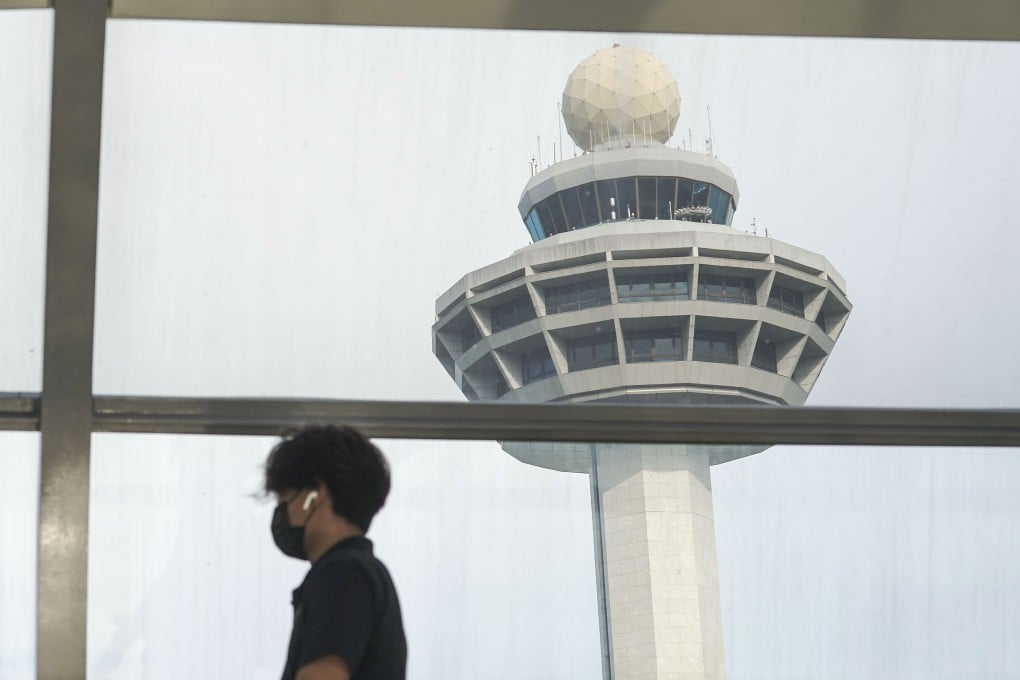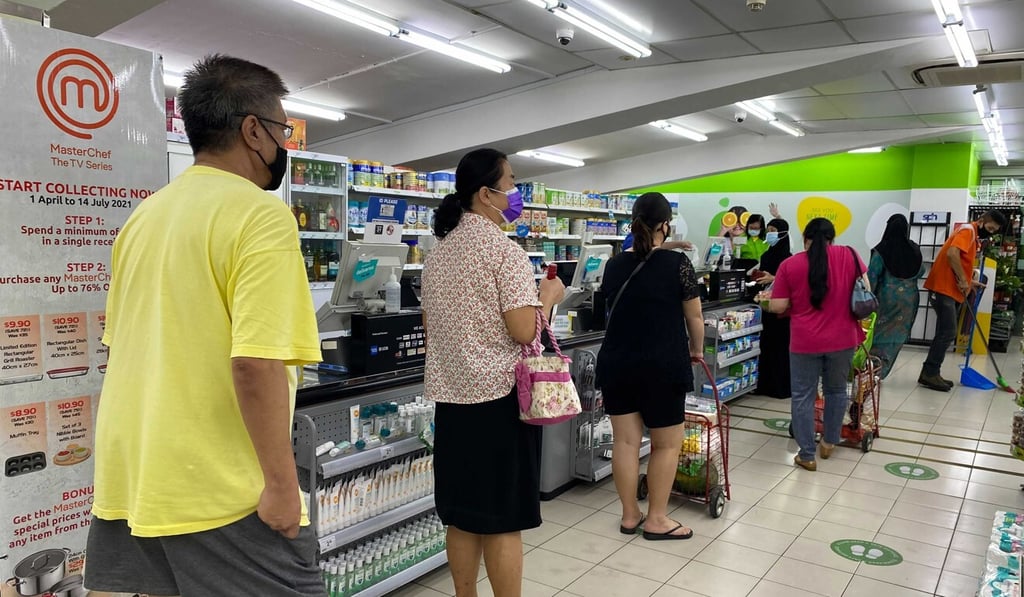Coronavirus: Singapore should expect gradual reopening, experts say
- The city state’s tightened social distancing measures are to expire on Sunday. While a full relaxation is unlikely, experts think eating in restaurants may be back on the menu.
- Case numbers may be a positive sign for the travel bubble with Hong Kong, but unlinked infections and the dominance of the delta variant first reported in India are reasons to be cautious

But health care experts, while pointing to positive signs such as a tapering of new cases and more proactive surveillance of high-risk groups, believe measures will be loosened only gradually.
Dr Dale Fisher, professor at the National University of Singapore’s (NUS) Yong Loo Lin School of Medicine, said the current restrictions would have to be maintained “to some degree” as a handful of recent unlinked cases meant Singapore was still “vulnerable”. On Wednesday, for example, Singapore reported two new cases, one of them unlinked.
Dr Hsu Li Yang, an infectious diseases expert at the NUS Saw Swee Hock School of Public Health, said it was unlikely that Singapore would after Sunday return to the previous situation, in which people were allowed to gather in groups of eight and restaurants, bars and cinemas were allowed to open.
Instead, Hsu expected a gradual relaxation, suggesting that social groups of between two and five would be allowed and that people might be able to eat inside restaurants, albeit with distancing requirements. Hsu also thought that residents would still have to wear masks in gyms.
